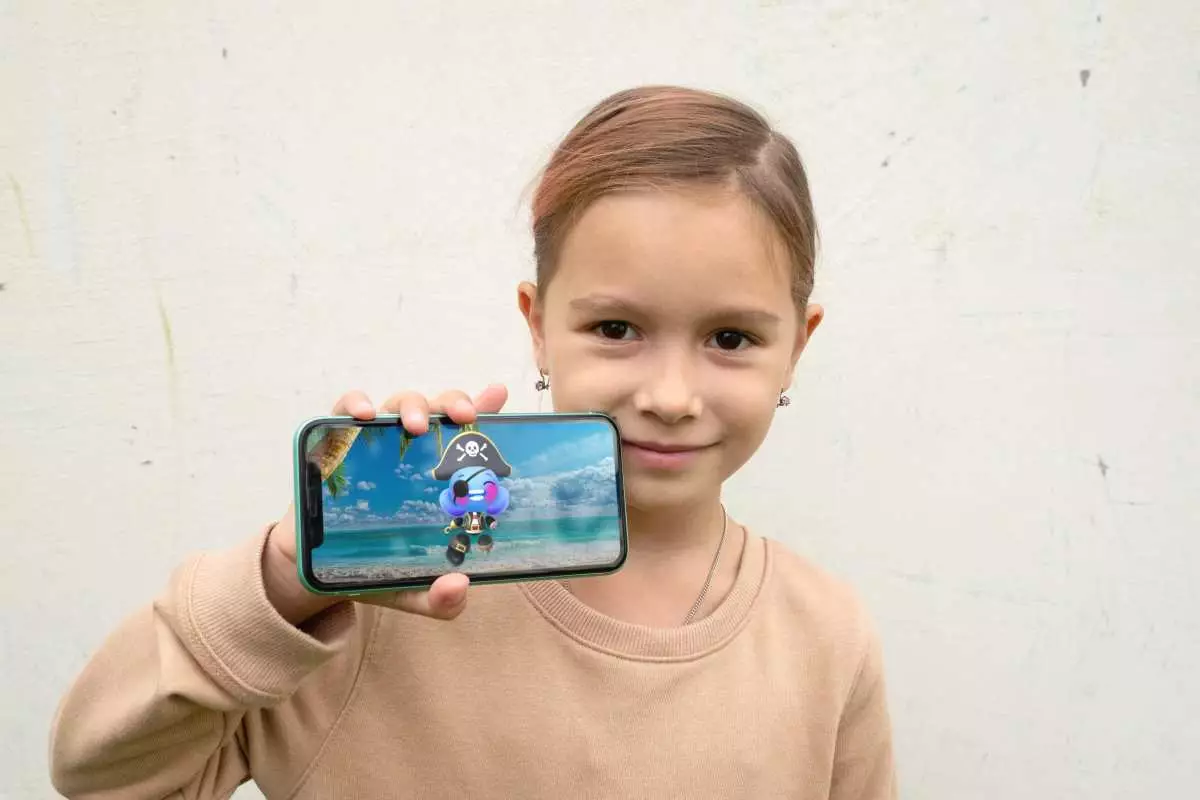In 2014, Ivan Crewkov embarked on an adventurous journey, moving his family from Serbia to the United States to chase his entrepreneurial dreams with Cubic.AI. The startup aimed to introduce a novel smart speaker into a competitive market, only for the plan to unravel just a week before the anticipated Kickstarter launch. With Amazon unveiling its Echo smart speaker, Crewkov’s startup felt the reverberations of a formidable market presence. Reflecting on those turbulent times, he stated, “It was a disaster.” The enormity of competing against tech giants such as Amazon and Google was insurmountable, leading to the eventual sale of the company two years later.
The failure of Cubic.AI, however, ignited a creative spark within Crewkov, one that would culminate in his current endeavor, Buddy.ai. As an immigrant adapting to a new culture, Crewkov faced the challenge of integrating his daughters into an English-speaking educational environment, leading to an epiphany rooted in their struggles with language learning. Witnessing his elder daughter’s experience with an online tutor—whose lessons were structured but lacked authenticity—Crewkov envisioned a more engaging solution.
Buddy.ai was conceived as a solution to a pressing need: helping children learn English as a second language through a conversational, animated AI tutor. It dynamically interacts with users, creating a more approachable learning environment. Designed as a subscription app, Buddy.ai is also making strides within educational institutions in diverse regions such as Brazil, expanding its impact on language learning.
Despite Crewkov’s prior experience in voice-AI, the journey to launch Buddy.ai was filled with hurdles. Initially optimistic about a six-month development timeline, he now looks back, dubbing that expectation as “naive.” The complexity of building AI that understands varied voices, particularly those of children potentially grappling with comprehension, was underestimated.
One significant obstacle in creating Buddy.ai was navigating stringent regulations like the Children’s Online Privacy Act (COPA). Compliance with such laws is critical when engaging with minors in educational contexts. Additionally, training AI to process diverse linguistic attributes from children posed a significant challenge. Crewkov elaborated on this, noting, “We are trying to understand a 4-year-old Brazilian girl who is trying to say her first words in English at the same time as a 4-year-old Arabic girl from Saudi Arabia.” The distinct accents and varied linguistic backgrounds complicate the design and deployment of effective AI learning assistants.
After years of development and adaptation, Buddy.ai has achieved remarkable success, with nearly 55 million downloads and engagement from more than 22 million students annually. Though the path had its difficulties, persistence is apparent in Crewkov’s narrative. Recently, the company completed an $11 million seed round led by BITKRAFT Ventures, which exemplifies the growing interest in educational technology.
Fundraising has been fraught with challenges for Buddy.ai, despite the burgeoning interest in artificial intelligence. Crewkov shared that the journey to secure funding for Buddy.ai involved conversations with 186 investors. The persistence paid off when they connected with BITKRAFT Ventures, a fund whose expertise in gaming practices resonated with the nature of Buddy.ai’s user engagement. “Children treat Buddy as a game,” Crewkov mentioned, highlighting the need for playfulness in educational tools.
The recent capital influx will be strategically funneled into product development, an area Crewkov identifies as still being underdeveloped. With plans to strengthen game design and user experience, the company’s trajectory is poised for growth. It’s vital for Buddy.ai to enhance its offerings continually while also expanding linguistic capabilities to serve a broader audience.
Despite Buddy.ai’s competitive landscape, it stands out by focusing specifically on assisting children in learning English as a second language. The emphasis on hybrid models of instruction where AI agents complement teachers frames an optimistic outlook for the future. Crewkov expressed his belief in the pivotal role of AI tutors in education: “You just need to provide a lot of practice, practice daily.” As Buddy.ai continues to evolve, the intersection of technology and education may offer unprecedented opportunities for learners around the world, transforming how language acquisition is approached in the 21st century.
The journey from Cubic.AI to Buddy.ai illustrates the resilience and adaptability inherent in entrepreneurship. With learning experiences enhanced through technology, the potential for enriching education for children worldwide becomes a promising reality.

